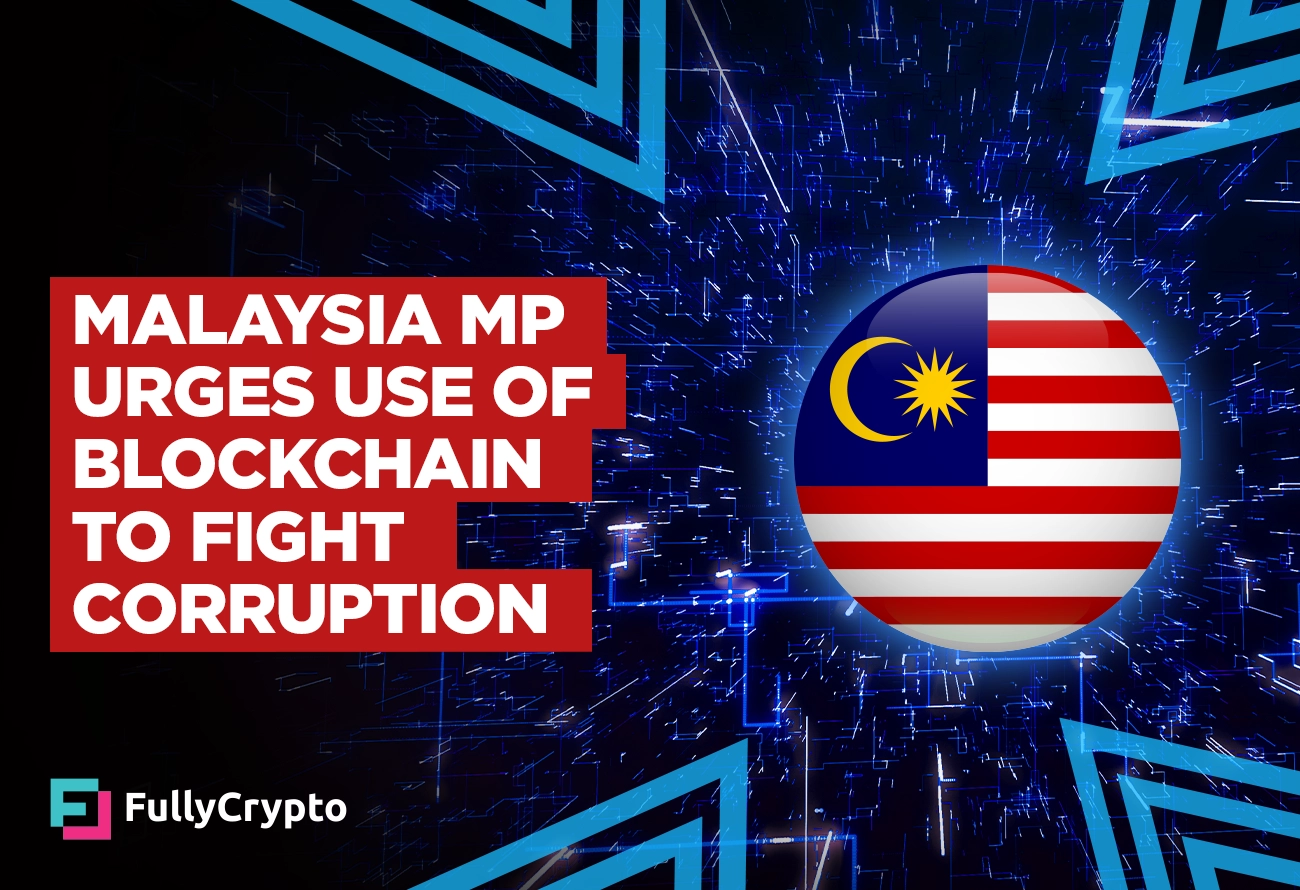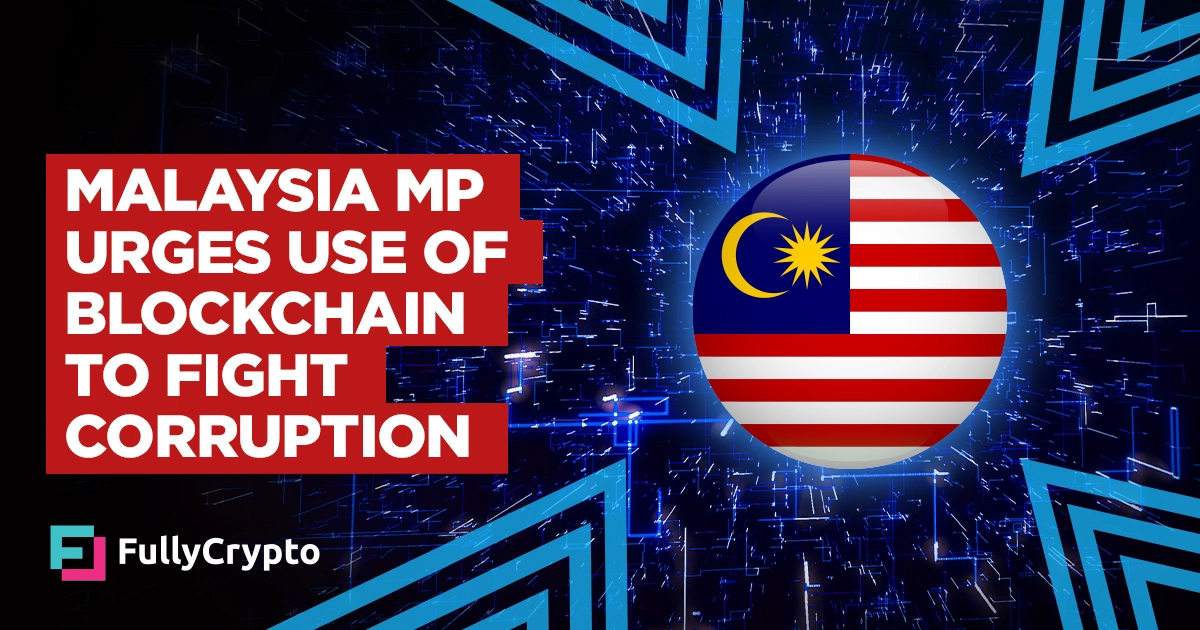![]()
By Mark Hunter
1 week agoMon Nov 25 2024 11:02:05

Reading Time: 2 minutes
- A Malaysian MP has urged the government to implement blockchain technology to combat corruption and enhance transparency
- Syerleena Abdul Rashid highlighted blockchain’s potential to provide immutable records, reducing opportunities for fraudulent activities
- The call aligns with global trends where blockchain is increasingly utilized to improve governance and accountability
In a recent parliamentary session, Malaysian MP Syerleena Abdul Rashid advocated for the adoption of blockchain technology as a means to fight corruption and improve transparency within government operations. Rashid emphasized that blockchain’s decentralized and immutable nature could serve as a robust tool in ensuring accountability and reducing fraudulent activities, pointing out that other countries had achieved such ends through the technology. She noted how the blockchain market was projected to reach $961.6 billion by 2030, advocating for her peers to explore its use case.
Blockchain as a Tool Against Corruption
According to local media , Rashid has been a strong advocate for leveraging technology in governance, pointing out that blockchain’s decentralized nature makes it an ideal tool for ensuring accountability. “Blockchain offers a tamper-proof ledger that can drastically reduce opportunities for corruption while increasing transparency in government processes,” she stated during her address.
Rashid suggested that its application in areas such as procurement and financial reporting could prevent abuse and provide greater trust in public institutions. Her remarks echoed findings by global organizations, such as the World Economic Forum, which has recognized blockchain as a transformative tool for anti-corruption efforts.
Her proposal is consistent with international trends where blockchain is used to foster transparency; she pointed out that countries like Estonia and Singapore have integrated blockchain into various aspects of their public sector, including digital identity and property registries.
Global Inspiration for Blockchain Adoption
Rashid also highlighted how blockchain can improve the efficiency of land registries and procurement systems—areas often plagued by mismanagement—and urged Malaysia to follow the lead of other nations in modernizing this area to avoid disputes.
Malaysia has already shown interest in blockchain technology: the Ministry of Science, Technology and Innovation (MOSTI) introduced the National Blockchain Roadmap 2021-2025, aimed at fostering innovation in the sector. Rashid’s advocacy builds on this foundation, pushing for blockchain’s use in combating systemic issues like corruption.
Her proposal signals a call for Malaysia to accelerate its adoption of innovative solutions, positioning itself as a leader in the fight for transparency and accountability in governance.




